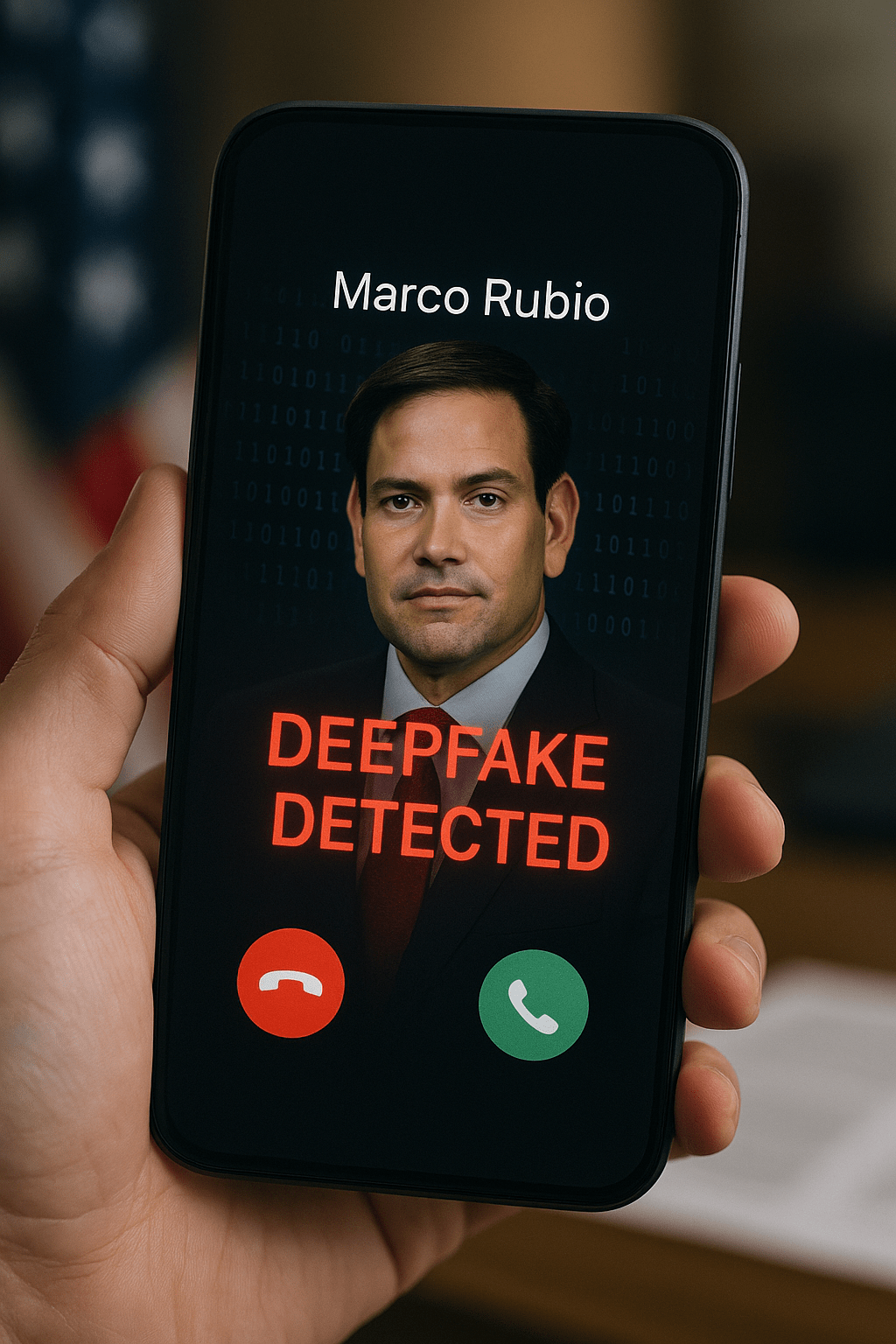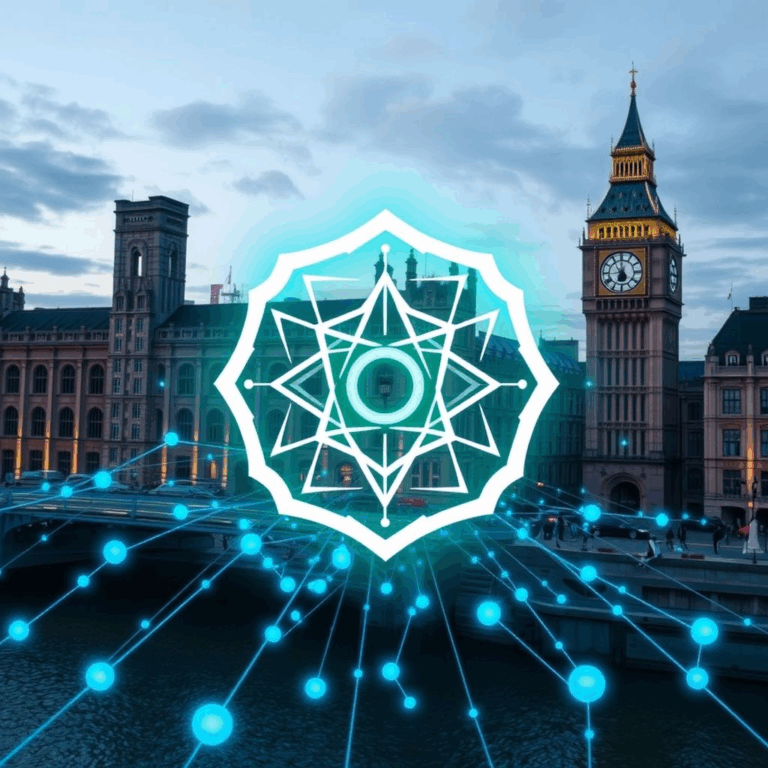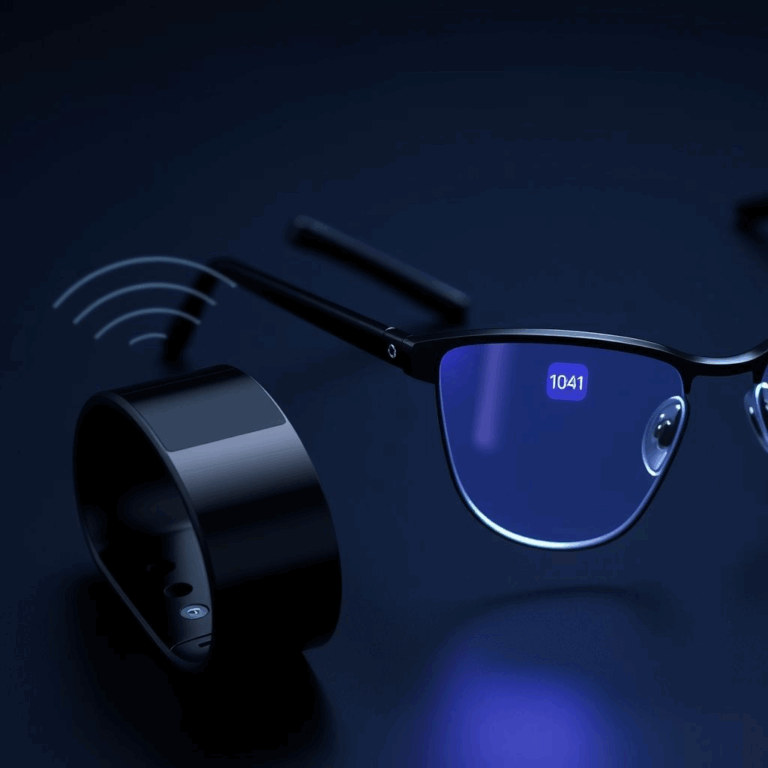Overview
On July 8–9, 2025, the U.S. State Department issued a global Rubio deepfake warning to its diplomats after detecting AI-generated voice and text impersonations of Senator Marco Rubio and other officials.
Incident Details
Fake messages, emails, and even voice calls were sent to foreign ministers, senators, and governors, pretending to be from Rubio. Though crude, the incidents raised serious security concerns.
State Department & FBI Response
The State Department clarified no direct system breaches occurred but advised heightened vigilance. The FBI reiterated warnings about “vishing” (voice phishing) and deepfake threats to officials.
The Deepfake Challenge
Experts highlighted that as AI grows more sophisticated, so do malicious impersonation attempts — sometimes indistinguishable to human recipients.
Diplomatic & National Security Impact
Embassies are adopting stricter protocols, and Congress is considering mandatory AI-detection tools and authentication measures.
Expert Commentary
Cybersecurity experts warned of “a paradigm shift where human trust becomes the weakest link.”
Future Outlook
The Rubio deepfake warning signals the need for advanced detection, training, and policy frameworks to combat AI-driven misinformation at the highest levels.







